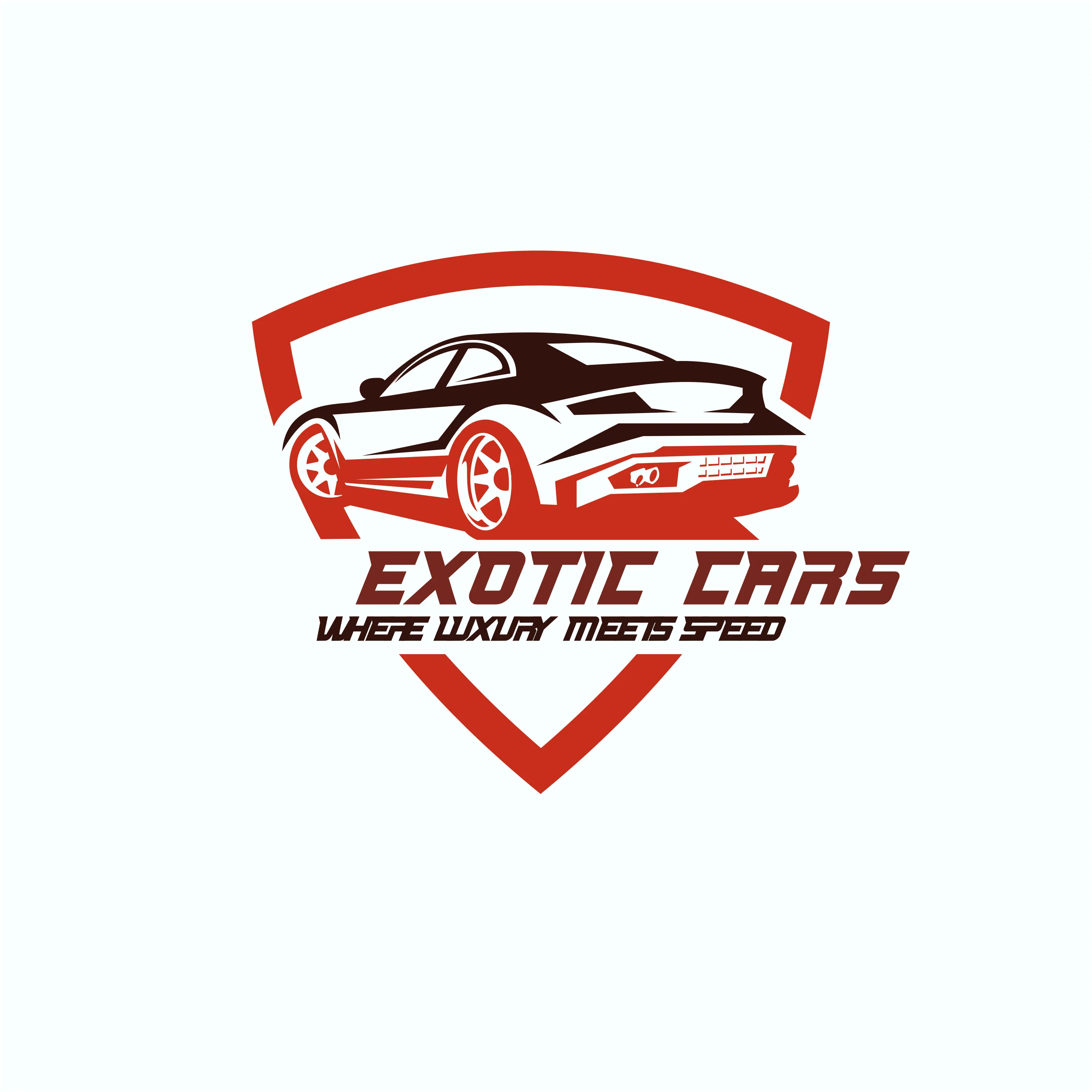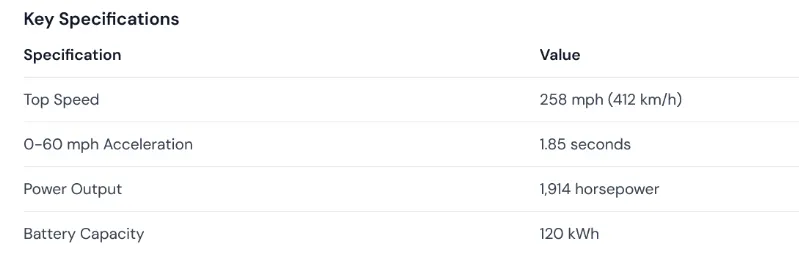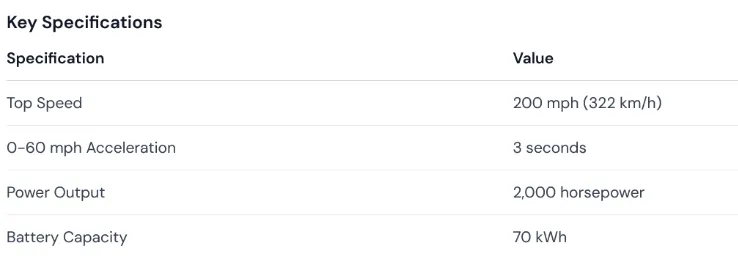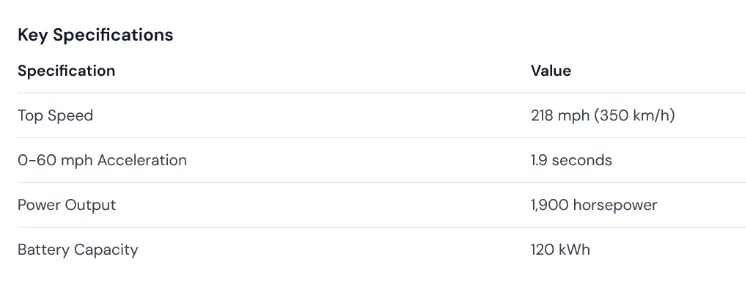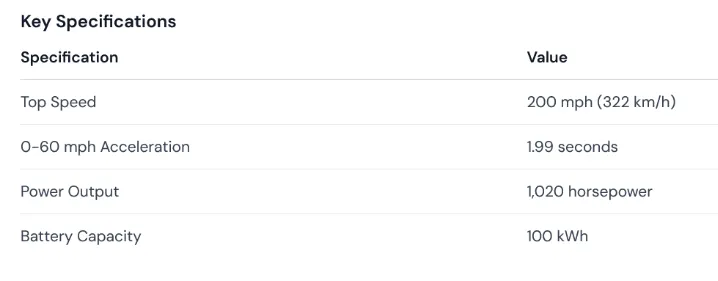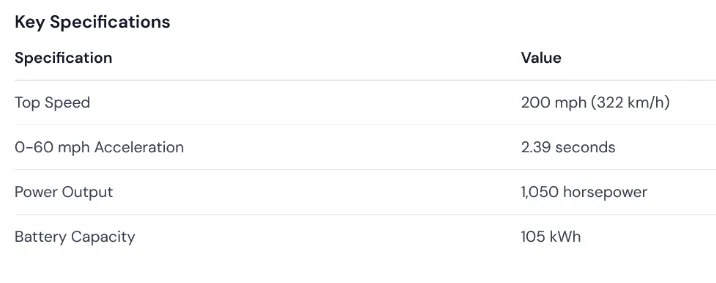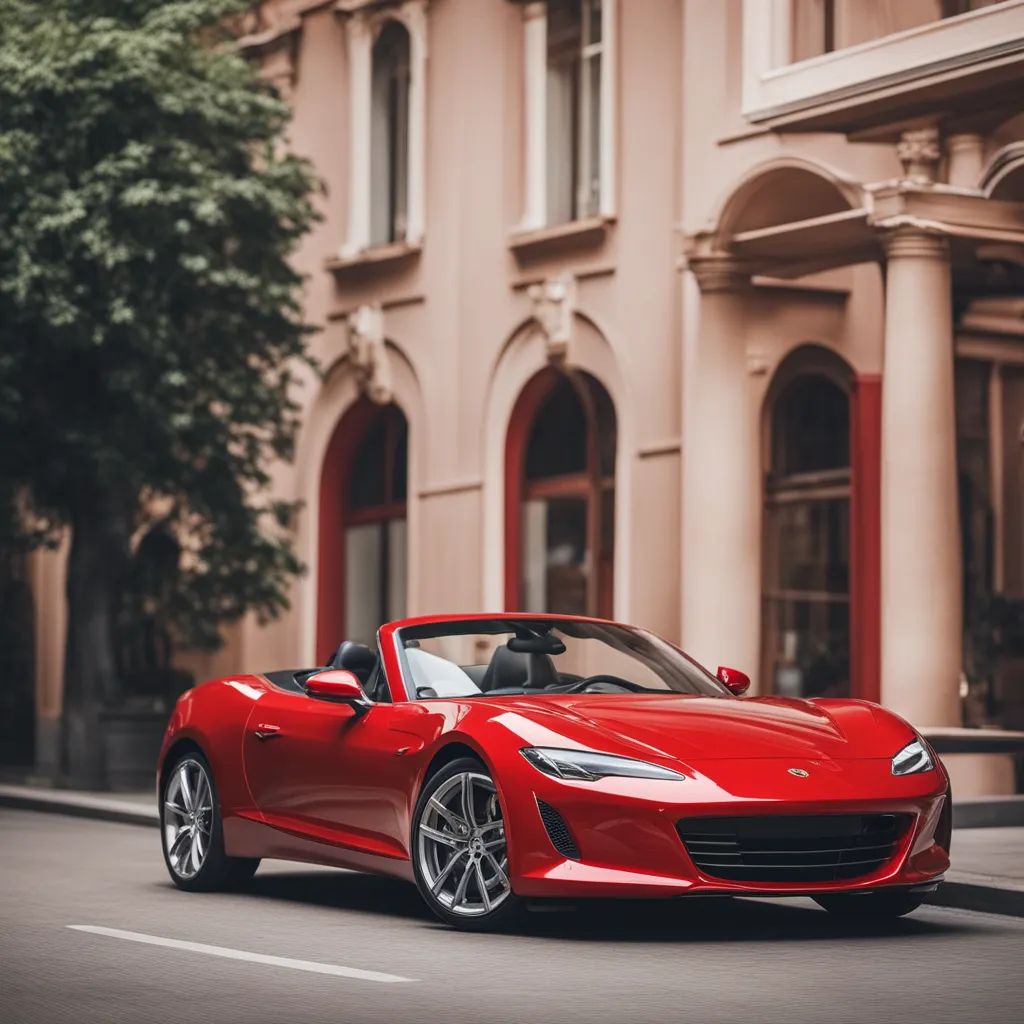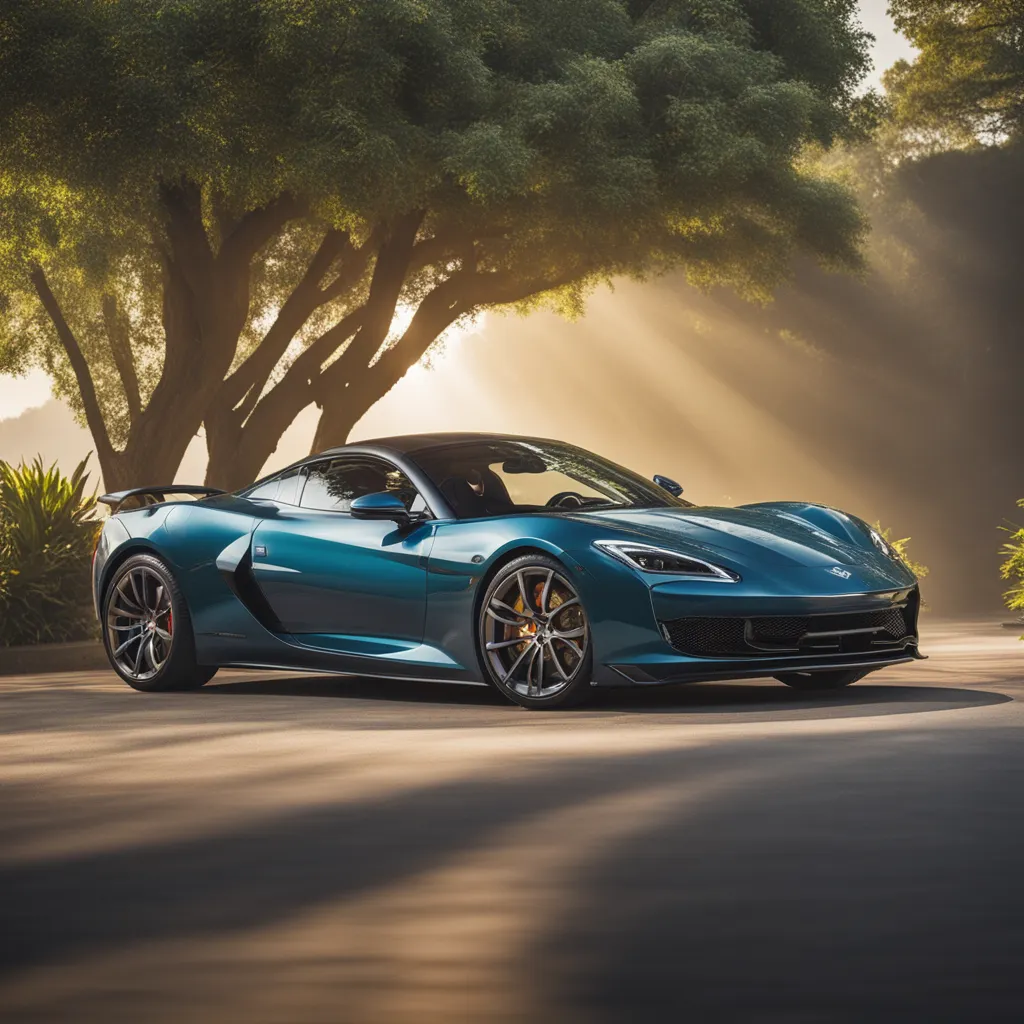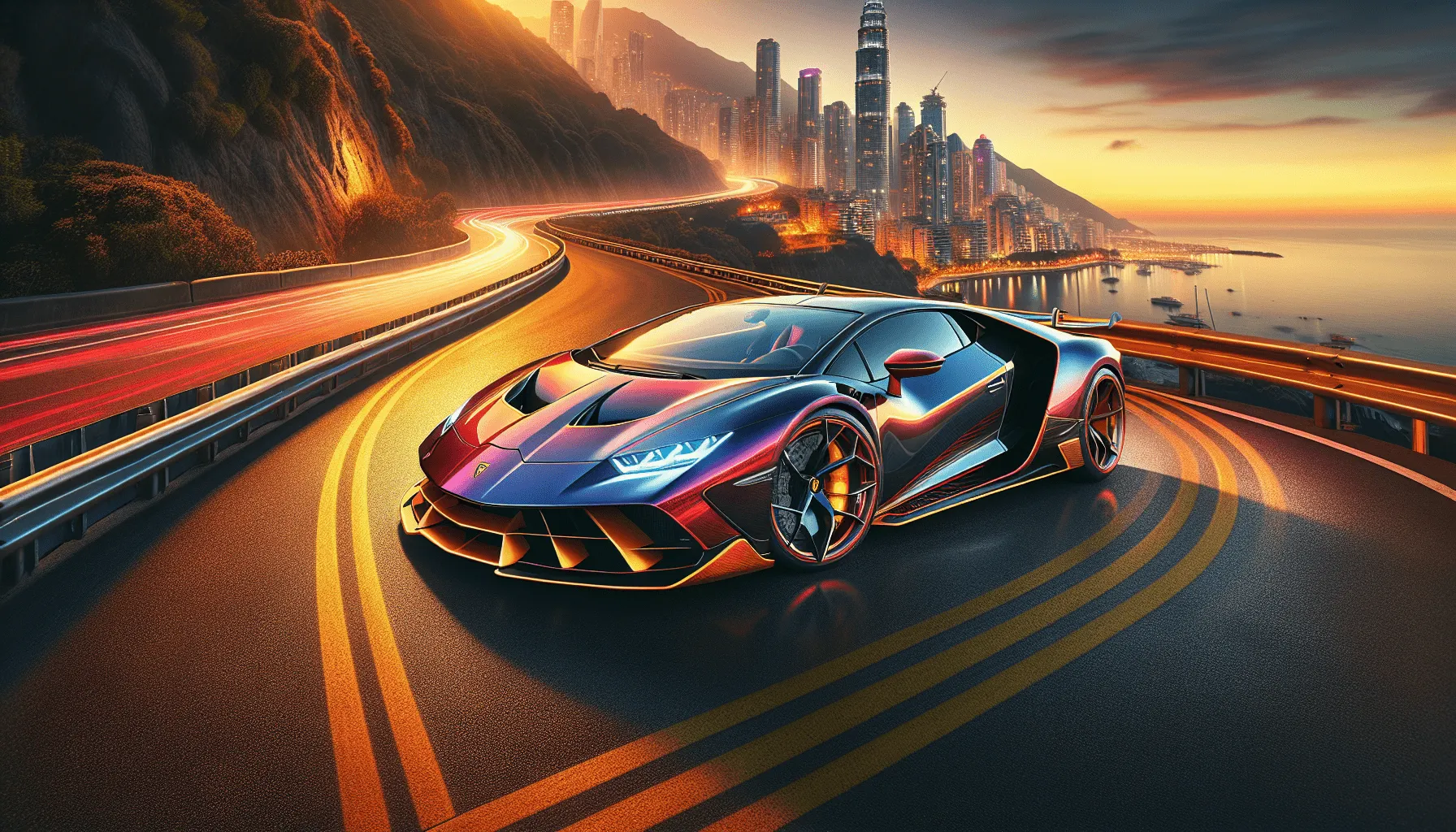Exploring the Fastest Electric Sports Car on the Market
What makes a car truly fast?
Is it the raw power of its engine, the ingenuity of its design, or the cutting-edge technology that propels it forward?
As I contemplate this question, I find myself increasingly drawn to the world of electric sports cars, particularly those that push the boundaries of speed and performance. In this article, I will explore the fastest electric sports cars currently on the market, examining their features and specifications as well as the technology that underpins their impressive performance.
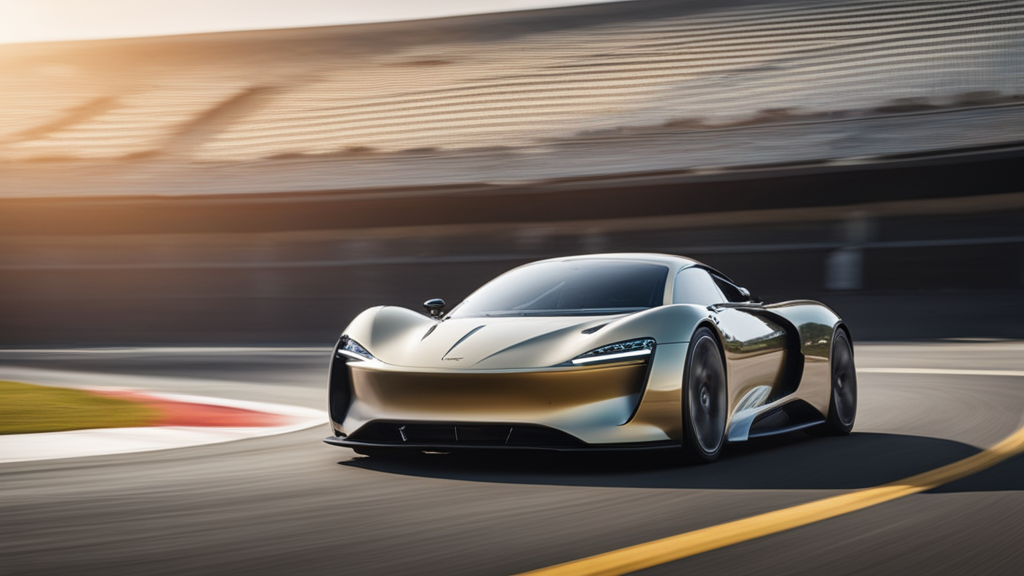
Understanding Electric Sports Cars
Electric sports cars represent a significant evolution in the automotive industry. Unlike conventional sports cars that rely on internal combustion engines, electric sports cars utilize electric motors, powered by rechargeable batteries, to achieve acceleration and speed. This shift has not only introduced a new level of performance but has also contributed to sustainability efforts within the automotive sector.
The landscape of electric sports cars is expanding rapidly, with manufacturers leveraging innovative technologies to enhance performance. As a result, I find myself looking at the intersection of speed, design, and environmental consciousness with keen interest.
The Criteria for "Fastest"
Defining what constitutes the "fastest" electric sports car involves several metrics.
These typically include:
- Top Speed: The maximum speed that the car can achieve.
- Acceleration: The time it takes for the car to go from 0 to 60 mph (or 0 to 100 km/h).
- Power Output: Measured in horsepower or kilowatts, this denotes the engine's or motor's capacity to perform work.
In my analysis, I will focus on these metrics to determine which electric sports cars are setting benchmarks in the industry.

The Current Landscape of Fast Electric Sports Cars
As of my last knowledge update in October 2023, several electric sports cars have emerged as frontrunners in speed and performance. I have compiled a list of the top five fastest electric sports cars currently available, based on various performance metrics.
1. Rimac Nevera
The Rimac Nevera stands out as one of the fastest electric sports cars in the world. This Croatian masterpiece blends cutting-edge technology with an assertive design.
2. Lotus Evija
Another contender worthy of mention is the Lotus Evija, a British electric hypercar that boasts remarkable specifications and an elegant design.
3. Pininfarina Battista
The Pininfarina Battista is an Italian electric hypercar that embodies luxury and performance. I admire how this vehicle combines exquisite craftsmanship with technological excellence.
4. Tesla Model S Plaid
Tesla has set benchmarks in electric performance with its Model S Plaid. As a pioneering force in the electric vehicle market, its accolades are noteworthy.
5. Faraday Future FF 91
The Faraday Future FF 91, while newer to the market, showcases a blend of performance and futuristic design that is captivating.

Innovations Driving Performance
The advancements in electric sports cars can be attributed to several innovations in battery technology, electric motor design, and overall vehicle architecture. Understanding these innovations is crucial to grasping how manufacturers achieve such impressive performance metrics.
Battery Technology
The heart of any electric vehicle is its battery. Lightning-fast charging times, extended range, and high energy density are critical elements. Manufacturers have invested heavily in lithium-ion technology and are exploring solid-state batteries to enhance performance.
I have observed that advancements in battery chemistry have led to increased capacity and reduced weight, translating directly into extended range and improved acceleration capabilities.
Electric Motor Efficiency
The efficiency of electric motors has significantly improved over the last decade. Most modern electric sports cars use synchronous electric motors, which can generate high torque even at low RPMs.
This characteristic contributes to the swift acceleration experienced in electric sports cars, as the maximum torque is available almost instantly. I find it remarkable how these motors provide a distinctly different driving experience compared to traditional combustion engines.
Aerodynamics and Design
Design plays a critical role in the performance of sports cars. Manufacturers have invested in aerodynamics to reduce drag and increase stability at high speeds.
Innovative design elements, such as active aerodynamics and lightweight materials, enhance both performance and efficiency. As I explore these vehicles, it becomes evident that aesthetics and performance go hand in hand in the electric sports car sector.

Implications for the Automotive Industry
The rise of electric sports cars is indicative of a broader shift within the automotive industry. This transition has implications for manufacturers, consumers, and policymakers alike.
Shifting Consumer Preferences
As consumers become more environmentally conscious, the demand for electric vehicles continues to increase. I find that electric sports cars are addressing this demand by offering high-performance alternatives to traditional sports cars.
For many consumers, the appeal lies not only in the performance metrics but also in the reduced environmental impact. The allure of sustainability combined with speed is a paradigm shift that I wholeheartedly endorse.
Industry Competition and Innovation
The competition among automakers has intensified due to the success of electric sports cars. Traditional car manufacturers are investing in electric vehicle technologies to remain competitive.
This competition promotes innovation, leading to improved performance, battery longevity, and customer satisfaction. I appreciate how this shift encourages a broader push toward electric mobility across various segments of the market.
Regulatory Considerations
As the electric sports car segment grows, regulatory considerations regarding emissions and incentives play a pivotal role in shaping the industry. Governments worldwide are establishing stricter emissions regulations and offering incentives for electric vehicle adoption.
I recognize that these policies not only address environmental concerns but also align with the automotive industry’s transition towards electrification. The future of transportation is inexorably linked to these developments.

In summarizing my exploration of the fastest electric sports cars on the market, I find myself captivated by the intersection of speed, performance, and technology. Cars like the Rimac Nevera and Lotus Evija exemplify the advancements in automotive engineering, while vehicles such as the Tesla Model S Plaid showcase the potential of electric vehicles to redefine what a sports car can be.
The innovations driving performance in electric sports cars—including advancements in battery technology, electric motor efficiency, and aerodynamics—indicate a promising future for the automotive industry. As I reflect on these developments, it becomes clear that electric sports cars are not merely a passing trend; they represent a fundamental shift towards sustainable, high-performance transportation.
As I look to the future, I am optimistic about the continuous innovations that will further enhance electric sports cars, enabling them to compete effectively with their gasoline-powered counterparts. The commitment to sustainability, paired with extraordinary performance capabilities, signifies a new chapter in the world of sports cars. In this evolving landscape, I remain excited about the possibilities that lie ahead.
